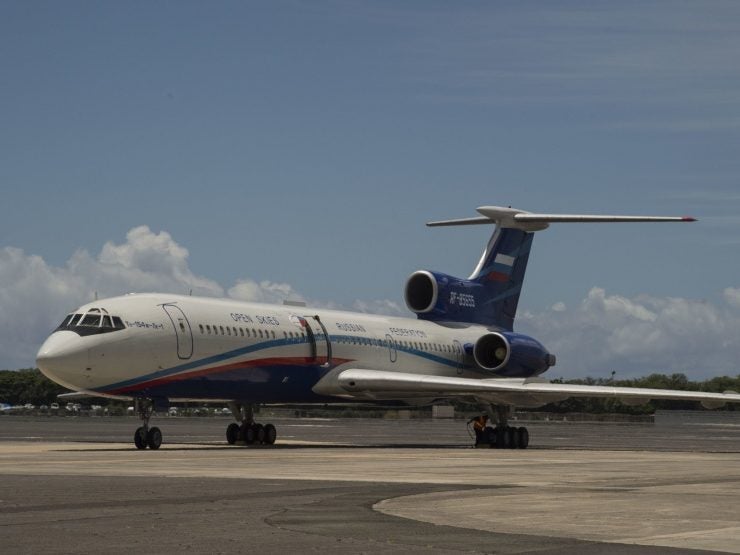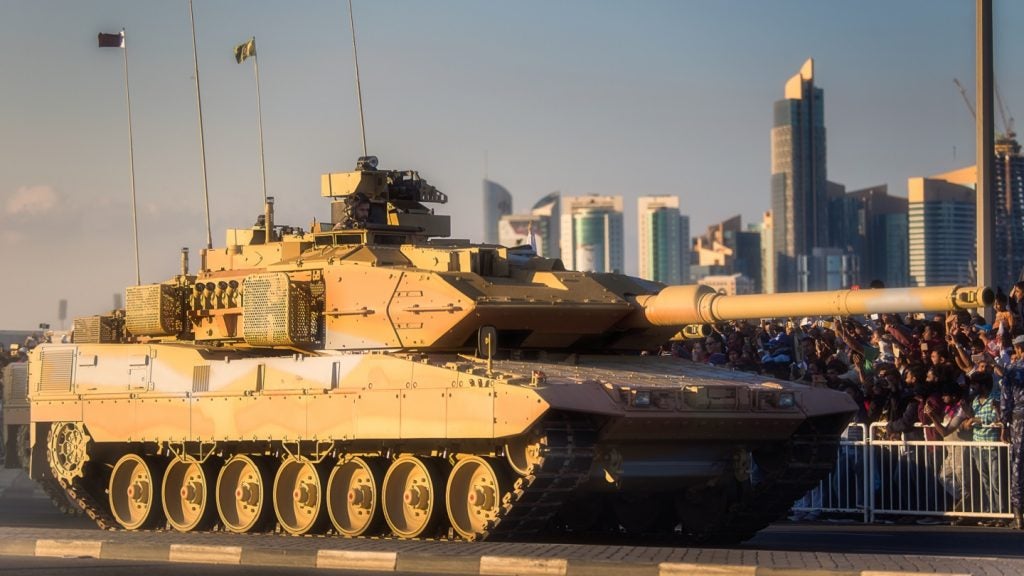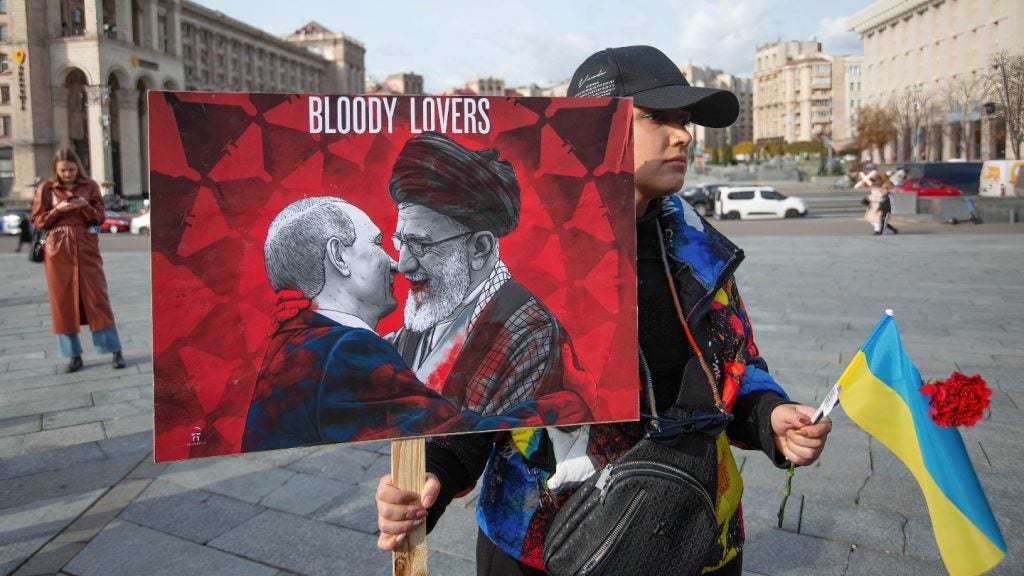
Last week, the US announced its intention to pull out of the treaty in six months, citing Russian violations as the reason. Analysts from the International Institute for Strategic Studies (IISS) and Royal United Services Institute (RUSI) told Air Force Technology that the decision would cause concern among other signatories and a bleak outlook for the future of arms control agreements.
RUSI UK Nuclear Research Policy Fellow Sam Dudin told Army Technology that the US decision could see other parties become less interested in working towards arms control agreements with the US. As arms treaties often require significant levels of diplomatic involvement, the Trump administration’s decision to unravel another major arms control treaty could make some countries less interested in working on future agreements.
Withdrawing from Open Skies would mark the third major arms control agreement the Trump Administration has backed away from the following the administration’s decision to withdraw from the JCPOA Iran nuclear deal and the Intermediate-Range Nuclear Forces (INF) Treaty.
Dudin, however, said that the future of arms control agreements would also be influenced by the result of the US Presidential Election this year, the result of which could see a return to normalisation within the arms control landscape.
Dudin said: “The ramifications for the wider arms control landscape will to a certain extent depend upon who wins the US Presidential election in November this year. If the Democrats win it might be possible to limit the damage done by the Trump administration to the wider arms control landscape. However, the New Strategic Arms Reduction Treaty (New START) is due to expire on 5 February 2021, 16 days after a new President would take office.
“Arms control treaties usually take years to negotiate – the only options for an incoming President would be to let the treaty expire or extend New START for up to five years without renegotiation. Extending the treaty could buy time to attempt to come to an agreement on various outstanding issues such as the inclusion of China in nuclear arms control talks, US ballistic missile defence and Russia’s novel nuclear weapon systems.”
How well do you really know your competitors?
Access the most comprehensive Company Profiles on the market, powered by GlobalData. Save hours of research. Gain competitive edge.

Thank you!
Your download email will arrive shortly
Not ready to buy yet? Download a free sample
We are confident about the unique quality of our Company Profiles. However, we want you to make the most beneficial decision for your business, so we offer a free sample that you can download by submitting the below form
By GlobalDataOn the other hand, a Trump victory in November could have the opposite effect and make the arms control landscape ‘bleaker’ according to Dudin. With the US having withdrawn from several agreements, Dudin said other countries would have little incentive to work with the US on future agreements.
Dudin said: “If the Trump administration goes ahead with formally pulling out of the Open Skies Treaty in six months, on top of previously pulling out of the INF Treaty and the JCPOA, this will act as a disincentive for countries to invest time and effort in arms control negotiations with the Trump administration.
“Appetite for any investment is influenced by the perceived chances of success. The Trump administration has not only signalled that they are uninterested in arms control, they have also actively unravelled two different arms control deals and are in the process of unravelling a third. This means that some countries will think twice before making that investment of time and effort.”
Although the US has left the door open to return to the agreement, on the condition that it sees Russia return to compliance, IISS senior fellow for military aerospace Douglass Barrie told Air Force technology that the experience of the INF cast a shadow of the US chances of returning.
Barrie told Air Force Technology: “From a wider arms control perspective this is clearly an unwelcome development, following in the wake of the collapse of the INF Treaty. And while Moscow has on occasion been evasive or obstructive in its behaviour in meeting its Open Skies obligations, this appears less of breach than that of the 9M729 (SSC-8 Screwdriver) cruise missile that caused the INF to unravel.
“Washington has at least notionally left the door open for it to remain in the Open Skies regime if it considers Moscow returns to compliance, but the outcome of the INF demarche does not bode well for a US return. Washington’s planned withdrawal appears to have been met with consternation by some of the other signatories that understandably want the US to remain in Open Skies.”
Dudin said that the decision showed the US pivoting its focus from Europe to the Pacific, a move that could show allies on the old continent concerns may not carry the same weight as they had done in the past.
Dudin said: “This will upset various European members of NATO, many of whom were already upset with President Trump over the US pulling out of the Joint Comprehensive Plan of Action (JCPOA), also known as the Iran nuclear deal. It is another demonstration that as the US continues its pivot to the Pacific, the concerns of European allies do not carry the weight in Washington that they used to.
“The US withdrawal will likely feed European concerns that their US ally is increasingly unreliable and unpredictable. These concerns partly explain, along with increased concerns over a resurgent Russia, the increased defence expenditure seen in several of NATO’s European member states over the last few years.”







